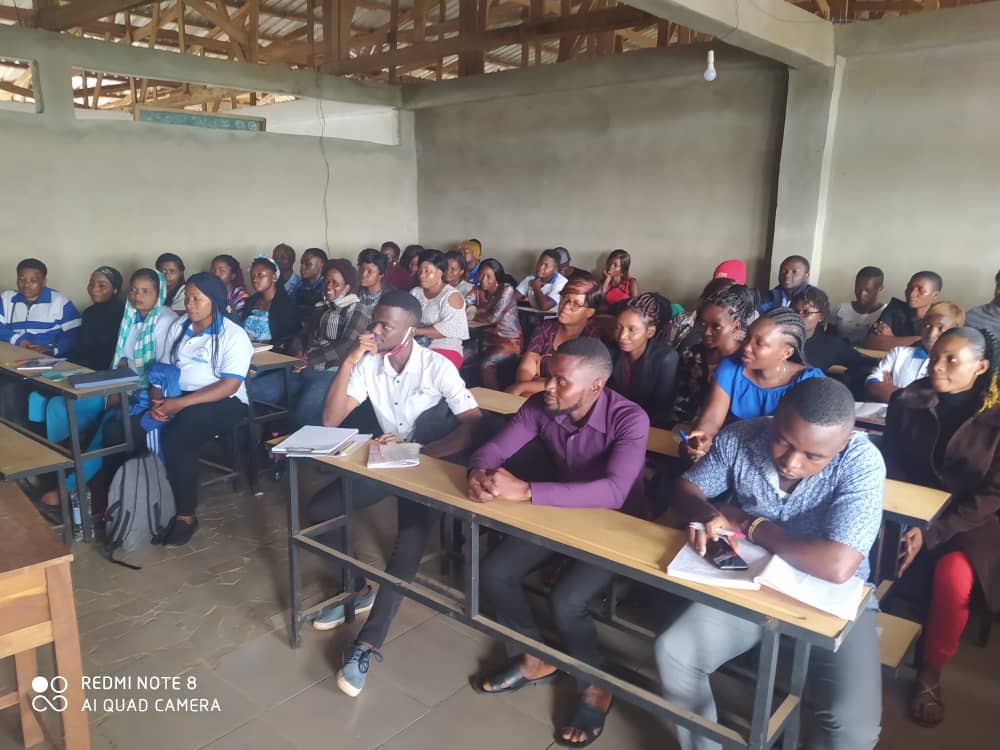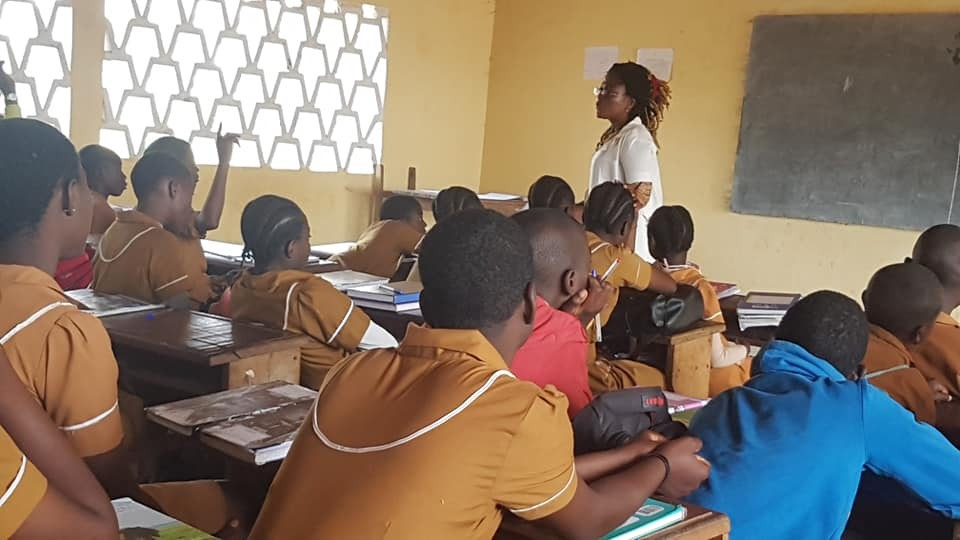
Didactics, Curriculum Development and Teaching
The Objective of the Training
To provide professional training for graduates from various subject areas wishing to teach or who are teaching at secondary school system and educational settings.
- Understand the professional and economic environment and education.
- Master the use of the compute
- Be apt in oral and written communication
- Be capable of team leadership
- Create an effective learning community, based on experience.
- Make learners central and the curriculum responsive to their needs
- Customize and apply curricula to almost any school or district anywhere.
- Illustrate a concept of curriculum by describing it and using questions that translate the concept to a particular setting.
- Learn about curriculum about culture, instruction-assessment
- Promote learner-centered education, competency-based systems, self-directed learning, personal growth, and much more.
- Translate government policies on Primary and Secondary education into measurable objectives, programs, and activities.
- Develop and revise syllabuses.
- Develop teaching and learning materials that support the syllabus
- Promote creative teaching and interactive methodologies.
- Organize courses on curricular matters
- Test and evaluate the curriculum
- Research into curricular issues.
- Curriculum developer
- Can be capable of creating a school, developing the curriculum, and see into its implementation.
- Curriculum evaluator
- Assist teachers in basic education to be promoted to teachers training colleges and also benefit from financial increments
- Help with promotions and reclassification.
educational management and administration
The Objective of the Training
The student enrolled in HND or DEGREE specialized in school administration introduces himself to the techniques and analysis of tools related to school governance in education; should be able to build public policy analysis tools related to school governance.
- Understand the professional and economic environment and education; – Master the use of the computer; – Be apt in oral and written communication; – Be capable of team leadership
- Know the meaning and differences between educational management and administration.
- Communicate in a professional setting in French and English – Master the basic computer tools.
- Create and run a business.
- Understand educational principles – Use management and decision support tools.
- To build instruments of analysis of educational facts in the field of
school management. - Apply the principles of public policies in the field of education.
- Analyses a school situation and draws the possible consequences.
- Manager of an educational project.
- Educational consultant.
- Analysis of training needs in education.
- School administrator of manager (can be well-fitted as a school principal, vice principal, etc.)
- Draw and design programs for the school.
- Hired to prepare and execute school budgets.


Guidance and Counseling
The Objective of the Training
It is concern primarily with helping students make decisions and choices involved in planning their future career and also train counselors who can work in both primary, secondary and higher institutions, as well as work in different establishments or NGOs.
- Pilot a unit of production.
- Manage the flow of material and information.
- Manage work in shifts/teamwork.
- Supervise production and control products.
- Animate a quality system.
- Analyze a school situation and draw the possible consequences.
- To stimulate self-knowledge, interest, and aptitudes as well as the
various trades and professions. - Encourage the emergence of a school and career project.
- Create interest in studies.
- Reduce failure, repetition, and school dropout of a course/program.
- Develop skills and abilities that meet the needs of the job market/society.
- Evaluate capabilities and interests and develop an attitude towards work.
- Develop readiness for choices and ability to face challenges.
- Counselling and professional orientation (working as counselors in both educational and business enterprises).
- Planning school life activities.
- Tutorials.
- Able to recruit and do selection in companies.
- Follow-up and evaluation of educational projects.
- Analysts of training needs.
Special need education
The Objective of the Training
This specialization is aimed at educating people who are capable to use modern methods to teach, re-education, develop social skills, reading literacy, lip sign specialization. To help students trainer of this course will know how to teach children with audio-visual, autistic and others impairment to integration them in the society.
- Definition and characteristics of the learner with special disorders.
- Causes and prevalence of the disorders.
- Assessment and education placement options for individuals in need of special services.
- Intervention strategies.
- How to create learning goals and objectives.
- Adapt a kind of pedagogy to suit the different needs of the learner.
- Master special techniques of communication with the deaf and dumb such as sign language, verbal-tonal, creed speech, French or English sign, etc.
- To re-orientate the speech at the initial stage of impairment and improvement.
- Prepare the child‘s environment to provide educational and psychological
support. - Promote the integration of the child with impairment into the circuital of development.
- Sensitize the concerns about the prospects of special education.
- Adapt modern educational technologies to the education deaf and dumb.
- As specialized educators they can teach in regular schools, training colleges as well as in inclusive schools.
- Function in other educational establishments, and speech rehabilitation centers by providing audio logical and phonological services as well as manufacturing earpieces, cleaning hearing aids etc.
- Teaching leap reading and sign language to children with hearing impairment.
- Provide services that facilitate the comprehension of children with hearing
impairment integrated in the regular schools. - Trainers can gain meaningful employment as sign language interpreters and
translators. - Employment in social and handicap centers.
- Employment in the Ministry of education and social welfare.

Your Future Starts Here
At HIPTEX, we see education as a pivotal scheme in the 2035 emergence idea being sung these days. Thus HIPTEX is the epicenter of an emergent Cameroon come 2035. We are special at HIPTEX because we train, employ and our graduates work and pay their fees. No matter how dark your path is, come to HIPTEX and we shall light your path.

